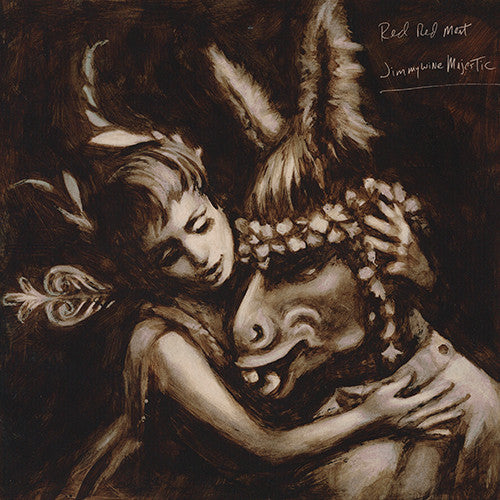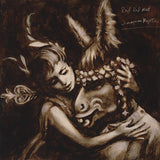DETAILS
TRACKS
Side A
- flank
- stained & lit
- braindead
- smokey mtn dbl dip
Side B
- cillamange
- ball
- lather
- rusted water
Side C
- gorshin
- dowser
- comes
- roses
Side D
- make you gone
- pity
- lather (acme sessions)
- intro (single version)
RELEASE DATE
11/06/2015
In 1993 Red Red Meat released its first record for legendary Seattle label Sub Pop, Jimmywine Majestic. Building on the grungy roots of the band’s self-titled debut, the second album was more confident and refined, with songwriter Tim Rutili’s impressionistic lyrics hovering over twangy steel guitars, thick fuzzbox riffs, and barroom drums.
Produced by Brad Wood (Liz Phair, That Dog, Sunny Day Real Estate), the record finds the band (Rutili, Brian Deck, Glenn Girard, and Tim Hurley) moving away from the thrashing noise of the first record into more nuanced territory, maintaining its menacing swagger but injecting more space into songs like Moon Calf Tripe and Lather, swinging harder on opener Flank and the anthemic Ball, and pushing into blues and reconfigured roots rock with Dowser and Comes.
Much of the album’s classic feel was informed by bands like the Rolling Stones and the Faces, a “favorite kind of music for Tim Rutilli,” says drummer and organist Brian Deck. “It was his writing that pulled things in that direction, and it was probably his writing and ambition to be different from that that ultimately drove [the band] toward being esoteric and experimental,” eventually morphing into Califone in the late ‘90s.
Informed by classic rock and blues, the album also benefits from Deck’s musical training and approach. While Red Red Meat’s other efforts, their self-titled debut in 1992, 1995’s Bunny Gets Paid, and 1996’s There’s A Star Above the Manager Tonight found Deck splitting his focus between production and performance, the drummer focused on Jimmywine Majestic from a player’s perspective. The record was the work of an invigorated, young, and hungry band.
“I remember [the album] mattering more to me than anything else in the world when we were doing it,” Deck says. “It’s a sensation that you have as a young artist. You tend to not have that the older you get. But it was the most important thing that had ever happened to me in my life when we were working on it. That was an awesome thing.”
EXPLORE
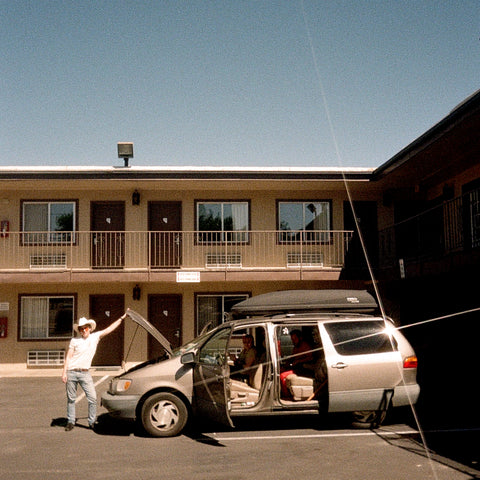
Glitterfox
Live at Mississippi Studios
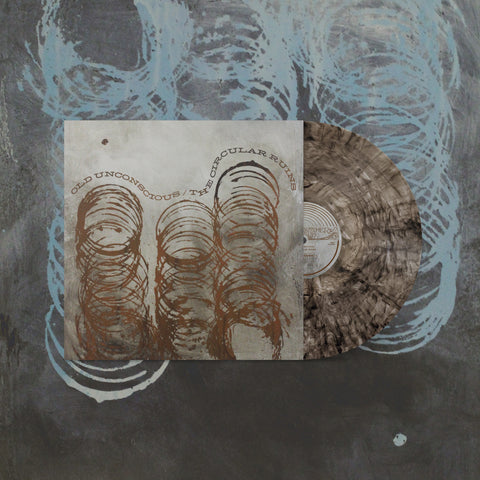
Old Unconscious
The Circular Ruins
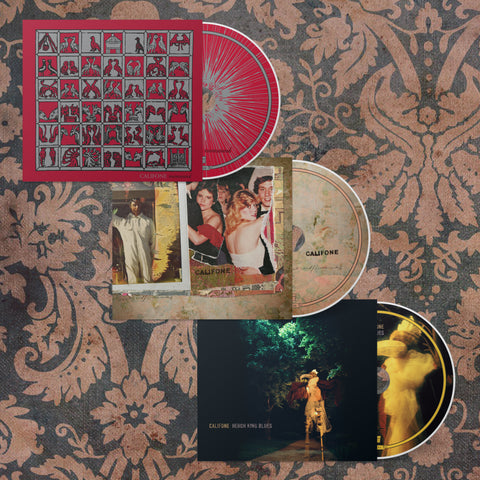
Califone
Califone CD Reissues
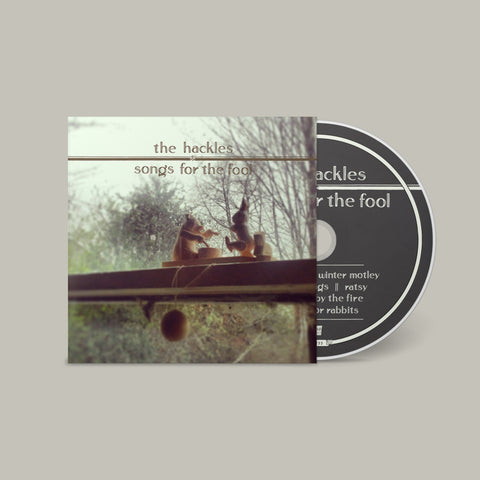
The Hackles
Song For The Fool
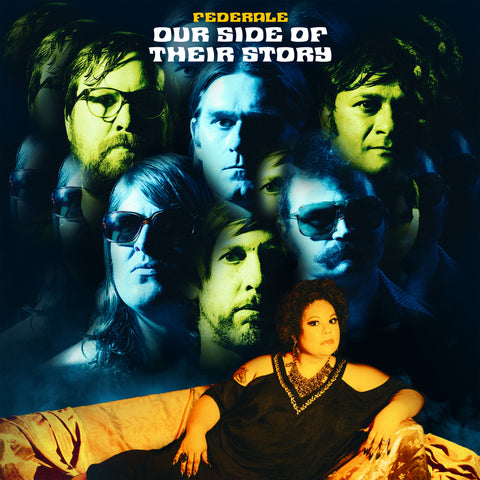
Federale
Our Side Of Their Story

Adam Selzer
Slow Decay
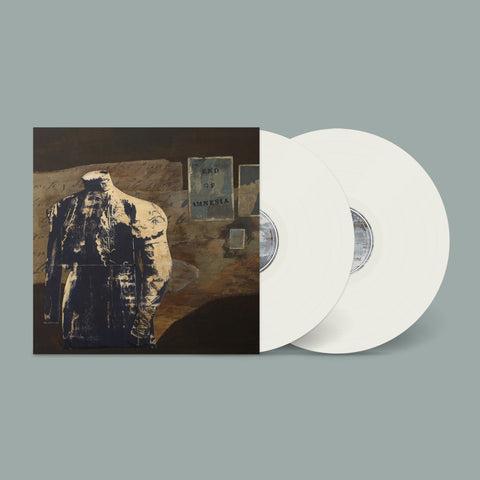
M. Ward
End of Amnesia

Chainsaw Records
Chainsaw Records Bundle

Jeff London
Trouble Trust
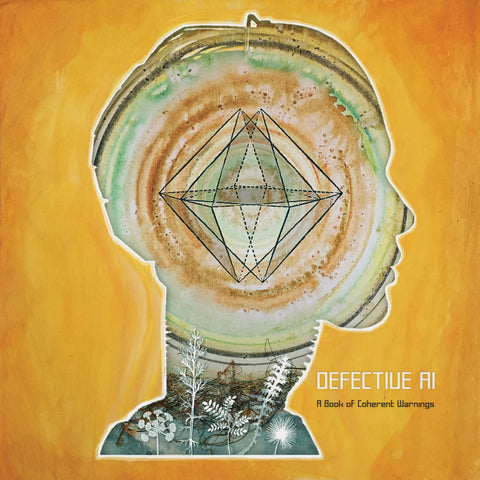
Defective AI
A Book Of Coherent Warnings
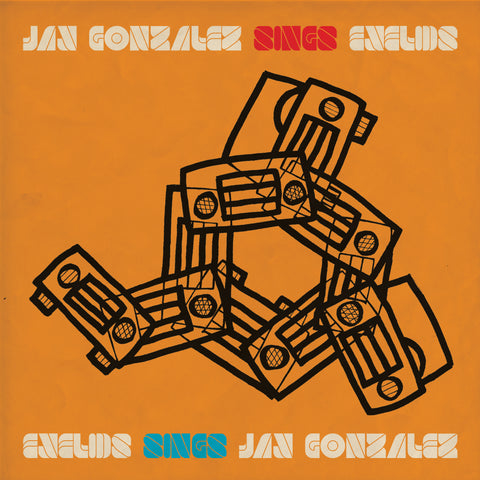
Eyelids
Jay Gonzalez Sings Eyelids Sings Jay Gonzalez Sings Eyelids
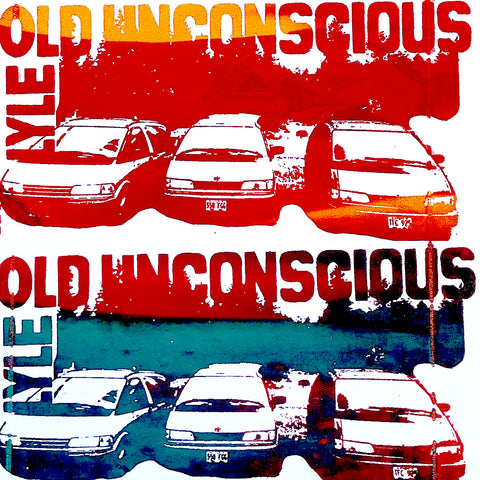
Old Unconscious
Lyle

Team Dresch
Team Dresch Bundles
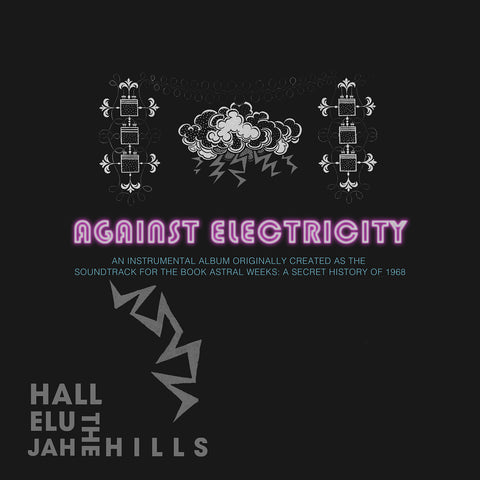
Hallelujah The Hills
Against Electricity
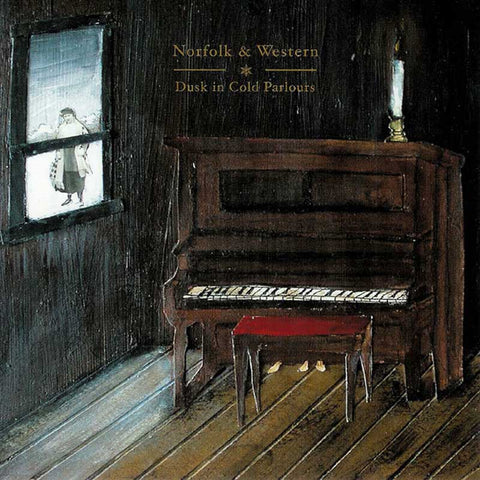
Norfolk & Western
Dusk In Cold Parlors
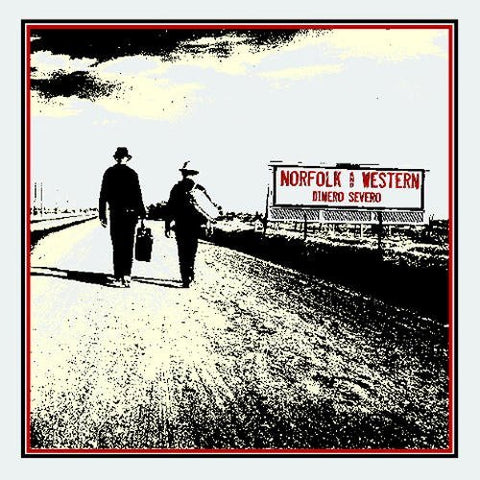
Norfolk & Western
Dinero Severo
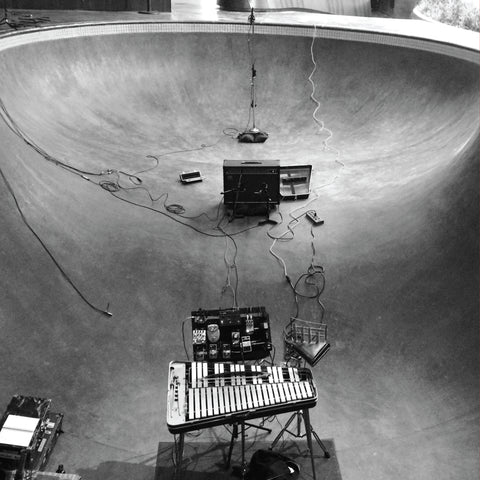
José Medeles
Art of Slowness: The Halfling Session

Martha Scanlan
The West Was Burning

Martha Scanlan
Tongue River Stories: Autumn
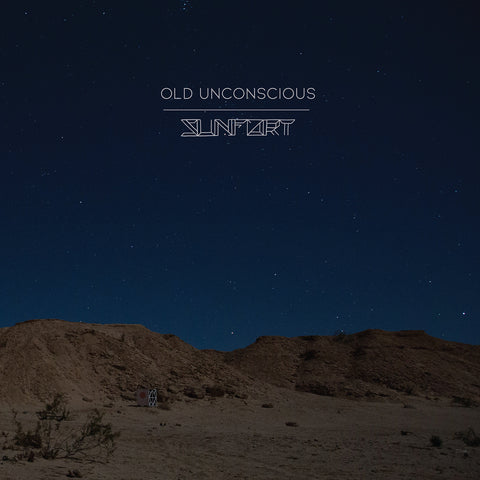
Old Unconscious
Sunfort
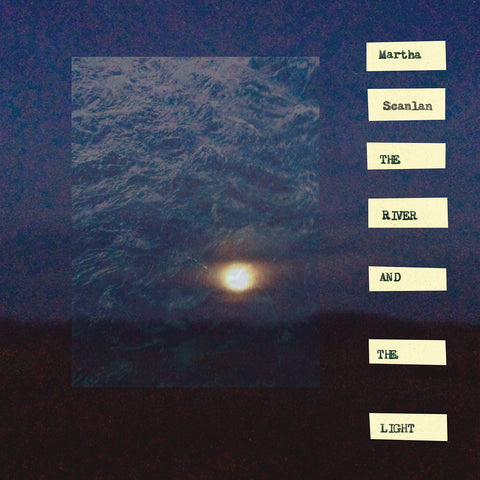
Martha Scanlan
The River and The Light
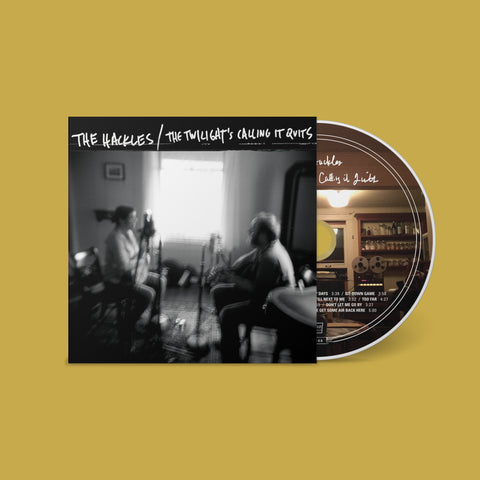
The Hackles
The Twilight's Calling It Quits
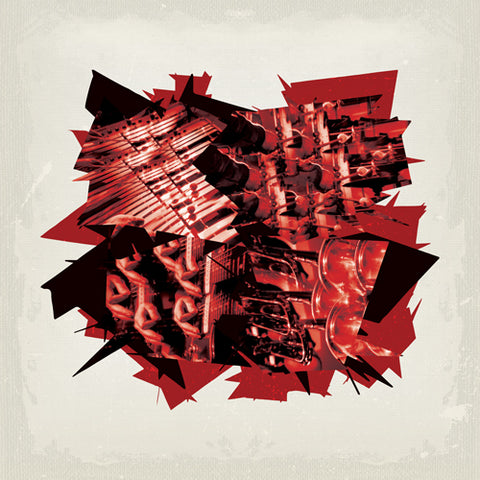
1939 Ensemble
New Cinema

Eyelids
Maybe More
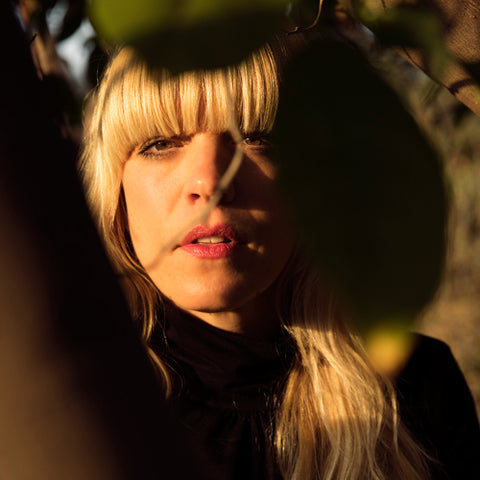
Corrina Repp
How A Fantasy Will Kill Us All
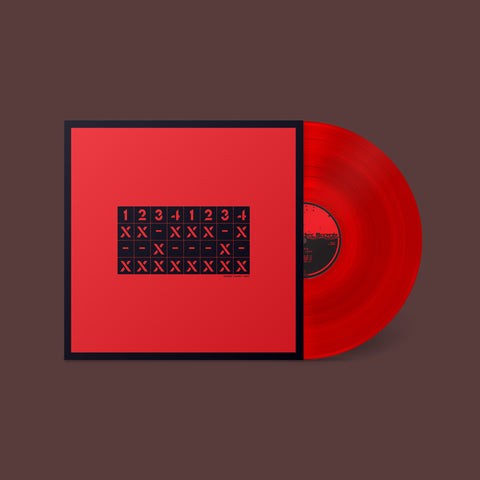
Motrik
Safety Copy
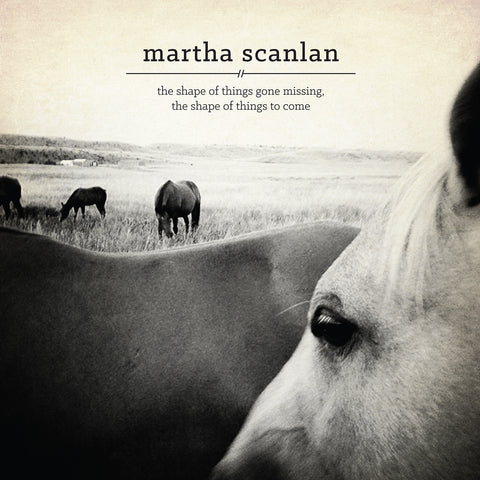
Martha Scanlan
The Shape of Things Gone Missing, The Shape of Things To Come
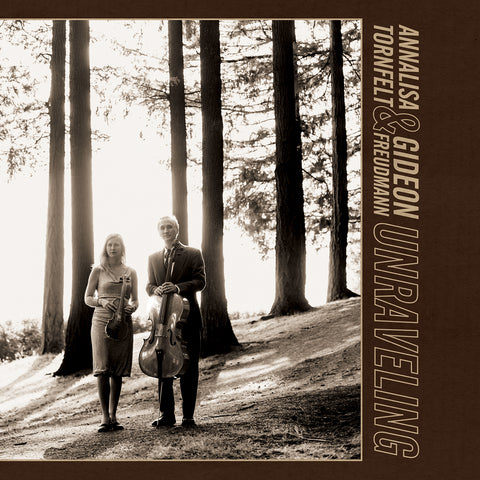
Annalisa Tornfelt & Gideon Freudmann
Unraveling
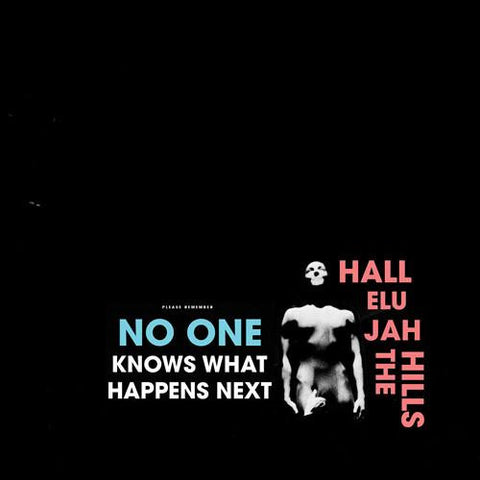
Hallelujah The Hills
No One Knows What Happens Next
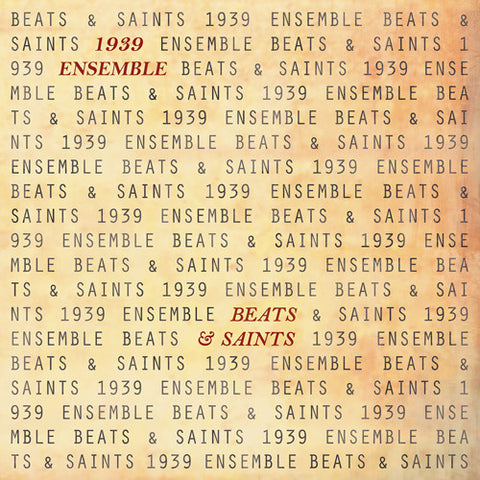
1939 Ensemble
Beats & Saints
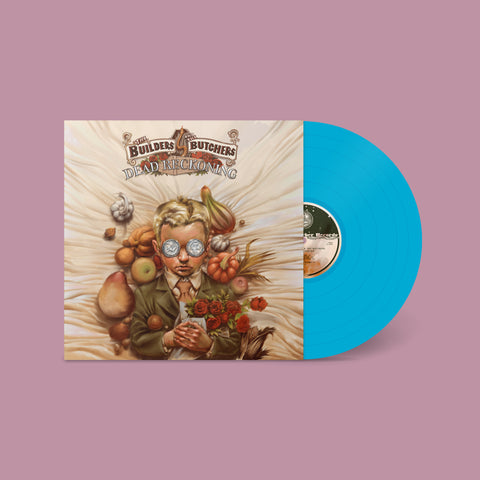
The Builders And The Butchers
Dead Reckoning
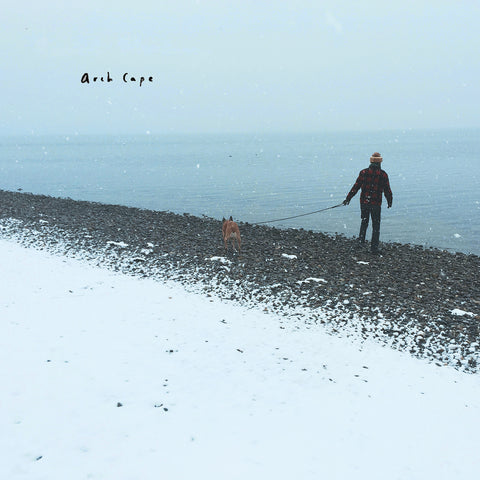
Arch Cape
Arch Cape
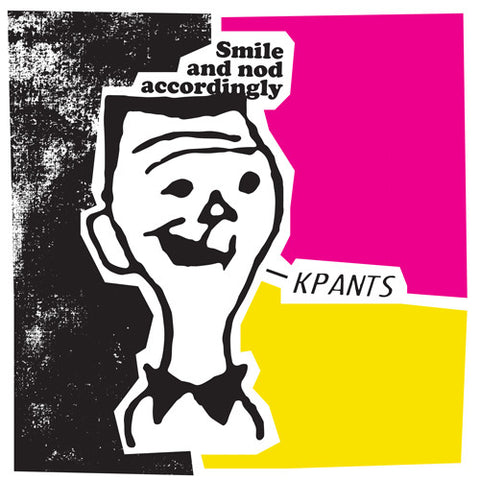
Kpants
Smile And Nod Accordingly

Boxhead Ensemble
Electric Guitar
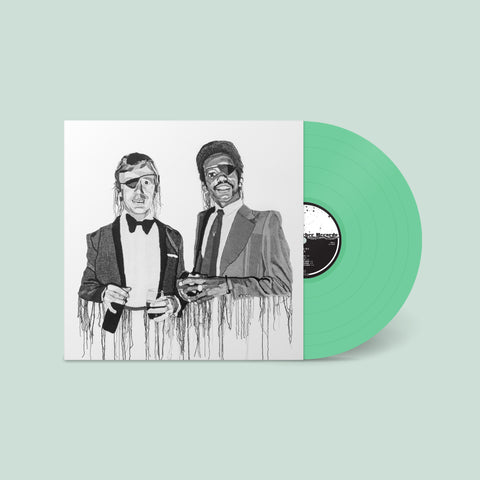
Eyelids
or
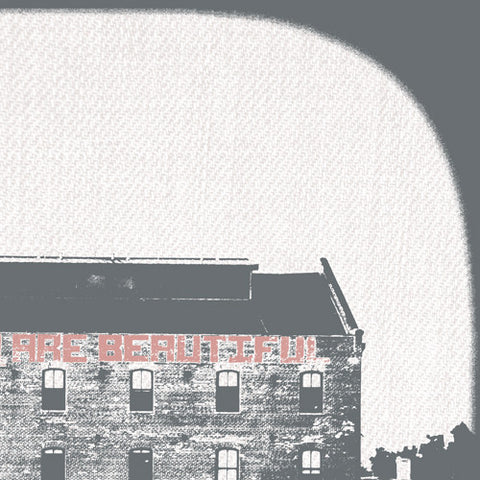
Nick Jaina
A Bird In The Opera House

No. 2
What Does Good Luck Bring?
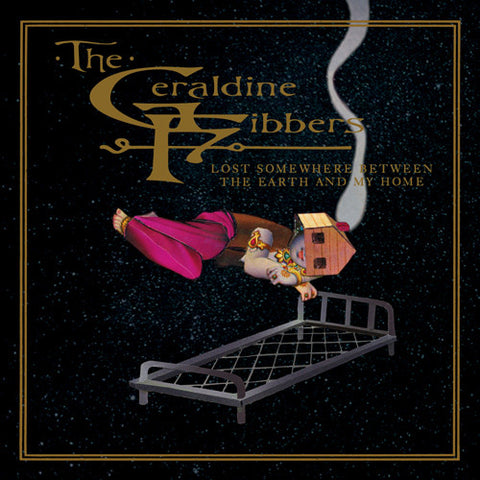
The Geraldine Fibbers
Lost Somewhere Between The Earth and My Home
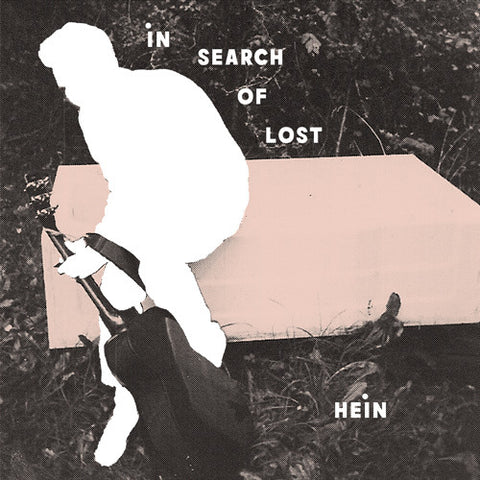
Matthew Hattie Hein
In Search of Lost Hein
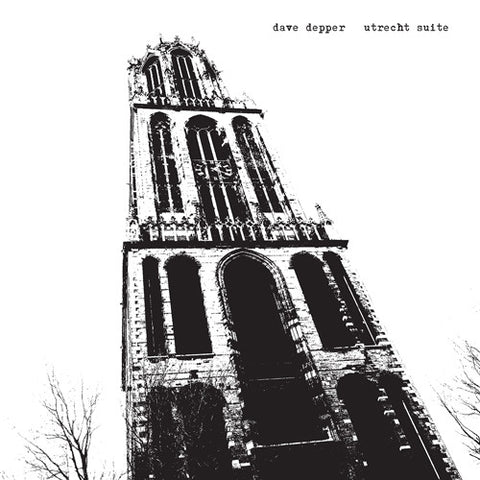
Dave Depper
Utrecht Suite
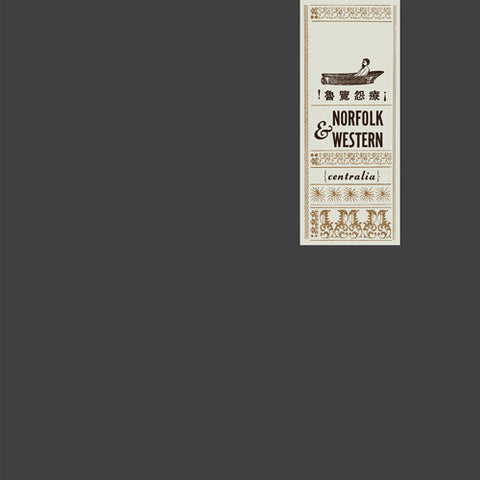
Norfolk & Western
Centralia
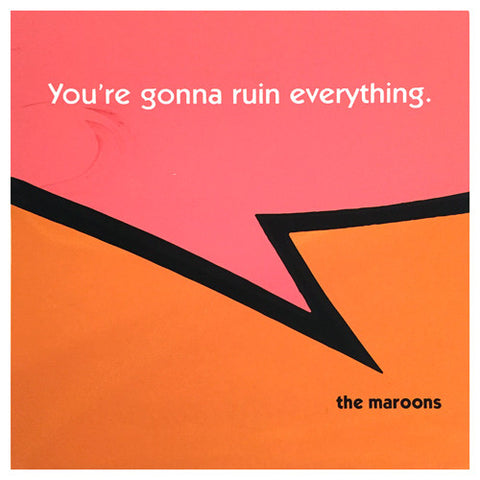
The Maroons
You're Gonna Ruin Everything
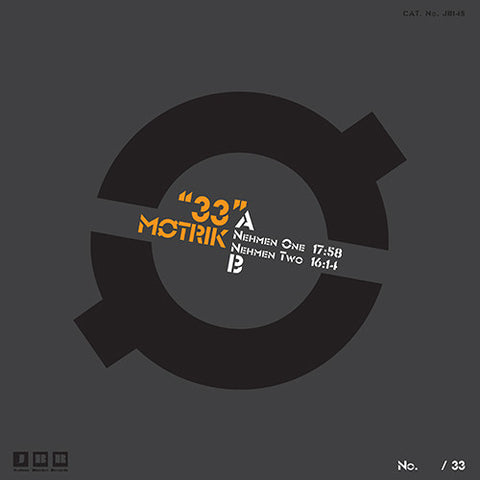
Motrik
"33"
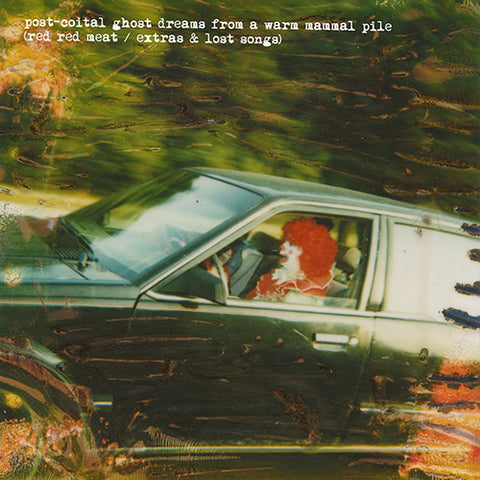
Red Red Meat
Post-coital Ghost Dreams From A Warm Mammal Pile
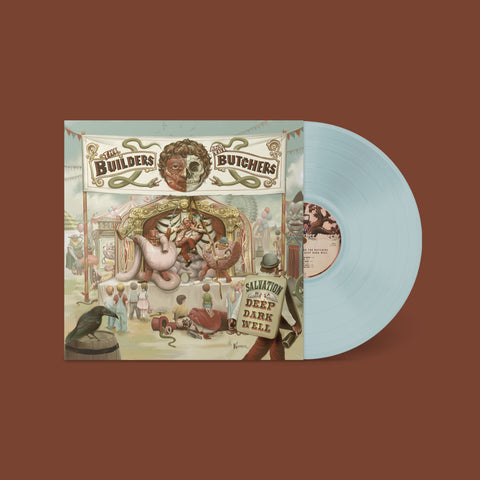
The Builders And The Butchers
Salvation Is A Deep Dark Well
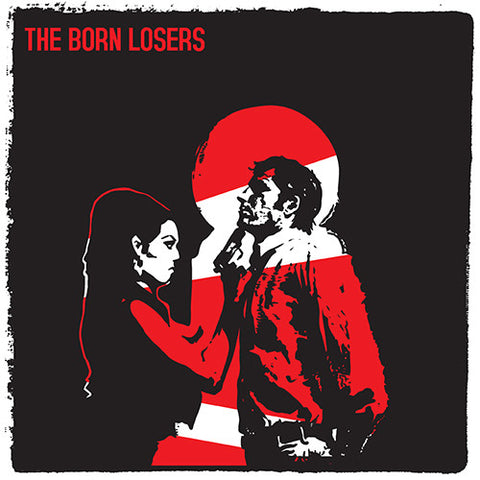
The Born Losers
The Born Losers

Boxhead Ensemble
Here: Chicago Sessions

Tim Rutili & Craig Ross
Guitars Tuned To Air Conditioners


